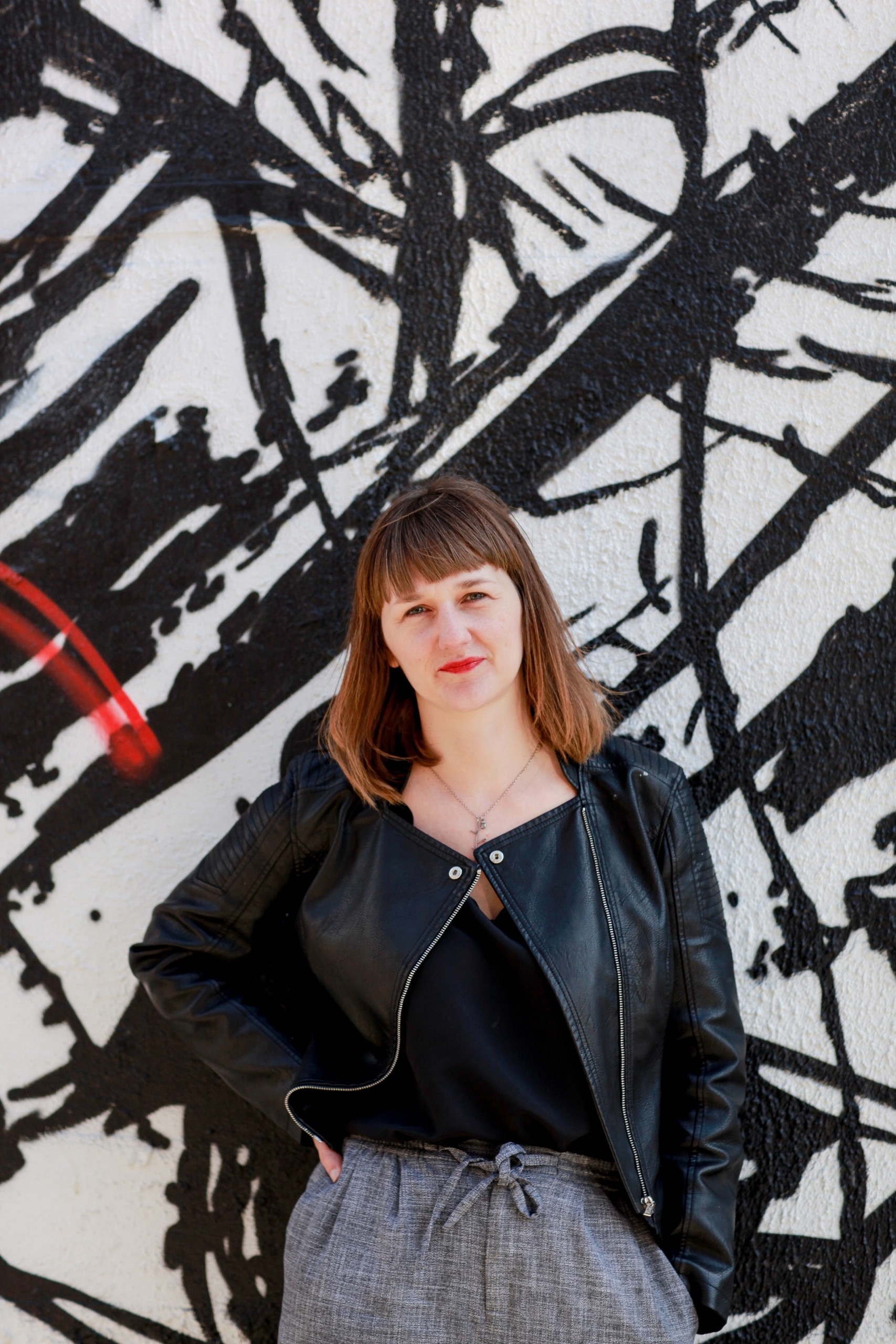
The Unsung Art of Reading Aloud
In her book Fierce Bad Rabbits, Clare Pollard celebrates the geniuses behind picture books, as well as the adults who read them aloud.
As a poet, I’ve always loved the way in which, long ago, ordinary people would sit around a fire in the evening, singing ballads; passing them on. Rather than being passive participants in that culture, they were actively creative. As the scholar Matthew Hodgart has said: ‘No two versions of a ballad are ever exactly alike; and every singer is both a transmitter of tradition and an original composer.’ When I became a mother, I realised that reading picture books to small children is a similarly creative process. The adult reading often has to become a performer, poet, singer, editor and hypnotist. It requires fluency, comic timing, funny voices, exposition, the orchestration of audience participation. No two readings of Room on the Broom are the same. Yet, like many artforms relating to women, children, care and the domestic sphere, reading to children is undervalued. In my recent book Fierce Bad Rabbits: The Tales Behind Children’s Picture Books I focused particularly on those books read to us as we sit on someone’s knee. And I wanted not only to celebrate the great, unsung geniuses behind picture books, but also the parent who pours so much love into that early-evening time of milk and stories; the nursery teacher whose inventiveness inspires us to fall in love with books.
A reading given to children is a private thing, often done for an audience of one or two and then lost forever. Once I began my research, I found myself intrigued by how other adults read classic stories. What did they do when they came to a song, for instance, like those sung by the little badger Frances in Russell and Lillian Hoban’s Bread and Jam for Frances?
Jam for snacks and jam for meals,
I know how a jam jar feels –
FULL . . . OF . . . JAM!
Did they simply read it aloud? Did they make up a tune, or use a well-known one and try and make it fit? I have always put words to the same kind of repetitive, lilting, semi-flat tune I must have made up off the top of my head long ago for just this purpose, without really putting enough commitment into it, with the results being fairly disappointing.
And what about voices? Many parents use bedtime stories as the chance to roll out all their very crudest accents: shrill mothers, stern fathers, gruff Welsh farmers, Noo-Yawkers. I’m fairly proud of my word-perfect Green Eggs and Ham, but shudder to think of anyone listening in when a story requires more than three voices (my I’m Not Scared features a Brummie badger, and for some reason my butterfly in Monkey Puzzle is voiced by Caroline Ahern’s Mrs Merton). Perhaps the greatest challenge is Lynley Dodd’s Caterwaul Caper, which requires the grownup reading to maintain six very loud and utterly distinct barks.
If sound effects can create a conundrum, silence can too. Do we only read the words on the page? Do we supplement them? What about in a book like Pat Hutchins’ Rosie’s Walk, where the drama lies completely in the contrast between the calm text – ‘Rosie the Hen went for a walk’ – and image of the fox in pursuit? I’m always very intrigued by how other parents handle the wild rumpus in Maurice Sendak’s Where the Wild Things Are. There are three whole wordless spreads, which boldly allow the child to supply their own rumpus, although as an adult reader I always find the silence uncomfortable, chicken out, and choose to fill it with whoopings that fall dolefully flat. One adult told me they put down the book and the whole family dances a wild rumpus around the bedroom; another that she would point things out and ask children questions about what they think is happening.
Some writers and illustrators seem to have a care for the adult reader, turning them instantly into good storytellers. Julia Donaldson’s poetic metre trips off the tongue; Dr Seuss’ comic timing is built into the poems; Roger Hargreaves always wrote Mr Men stories that would take less than five minutes to read, calling them ‘bedtime stories for weary daddies’, and often ends with a question, a tickle or a good joke, easing children pleasantly back into reality. The difference between a two-year-old and a five-year-old listener is immense though, and even the best stories have to be adapted by parents to match their children’s age. Winnie-the-Pooh always seems text-heavy for a nursery book, requiring a spot of brisk, spontaneous cutting, whilst when my children were small I would always trim a few refrains from our board book of Rosen and Oxenbery’s We’re Going on a Bear Hunt, as their little fingers were too eager to turn pages over. I’m not the only parent to have begun Babar a few spreads in. And then there are changes made to update the politics. Too many books (even The Gruffalo!) only have male characters, and swapping up the odd ‘he’ for a ‘she’ is one way of improving the situation.
But these skills are nothing compared to the art of not crying. The greatest unsung performer of all is, of course, that heroic parent who can read Shirley Hughes’ Dogger without their voice cracking as they read:
‘Then Bella did something very kind.’
Clare Pollard is an award-winning poet and playwright based in London. She is the author of five poetry collections and the Editor of the Modern Poetry in Translation magazine.
Fierce Bad Rabbits: The Tales Behind Children’s Picture Books is published by Fig Tree, 978-0241354780, £14.99 hbk.




